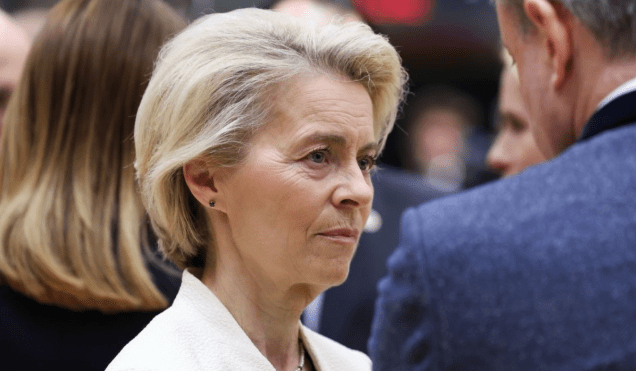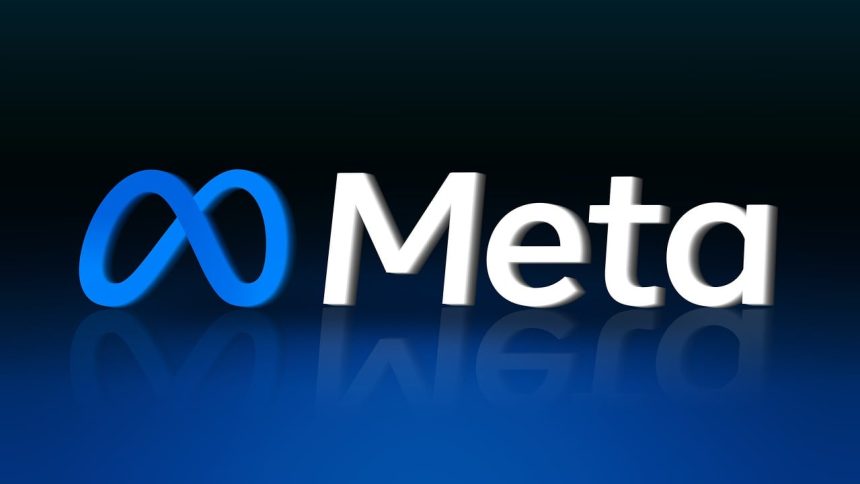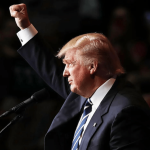Sanctioned Russian media haven’t completely vanished from Facebook’s ad platform. Despite EU bans on RT, Sputnik and others, research reveals they still appear in Meta’s revenue-sharing system.
META Partnership Lists Under Scrutiny
In March 2022, Brussels banned Russian state broadcasters such as Rossiya Segodnya—parent to RT and Sputnik—from operating within the EU. Meta responded by blocking RT and Sputnik on Facebook and Instagram for EU users.
Yet nonprofit watchdog WHAT TO FIX found these sanctioned outlets remained listed among Facebook’s active partner publishers—part of its advertising revenue programme.
Advertisers choose from lists of partner publishers; Meta then shares a portion of any ad revenue.
WHAT TO FIX couldn’t confirm actual payments, but said: “The discovery raises important questions regarding Meta’s compliance with EU sanctions.” Meta countered that listing does not guarantee payouts and that sanctions controls remain in place.
- As of 20 June, Facebook’s partner list contained around 4.65 million accounts.
- Sputnik pages in EU languages reappeared in October 2022 and remained for roughly a year.
- RT Arabic resurfaced in July 2023, staying on the list until early June.
- Additional sanctioned accounts included those linked to singer Polina Gagarina and activist Sylvain Afoua.
- The programme also featured unverified pages sharing RT and Sputnik material.
EU Voices Raise Alarms
EU foreign policy lead Josep Borrell said media sanctions targeted those “polluting the public space with disinformation and malicious narratives, adding to the military warfare also through information warfare.”
Brussels has repeatedly warned that Kremlin-backed players persistently try to infiltrate the EU and candidate states like Moldova and Ukraine.
Last year, Belgian Prime Minister Alexander De Croo revealed MEPs were “paid to promote Russian propaganda.” Meanwhile, Meta faced potential penalties under the EU’s Digital Services Act for not curbing Russian-influenced disinformation.
Commission President Ursula von der Leyen asserted: “This Commission has created means to protect European citizens from targeted disinformation and manipulation by third countries. If we suspect a violation of the rules, we act.”

- What further steps will Meta take to ensure full compliance?
- Will EU regulators enforce sanctions more stringently?
The emergence of new sanctioned media accounts underscores the challenge of policing digital platforms. Facebook’s partnership scheme may need deeper audits—and possibly reform—to prevent breaches.






